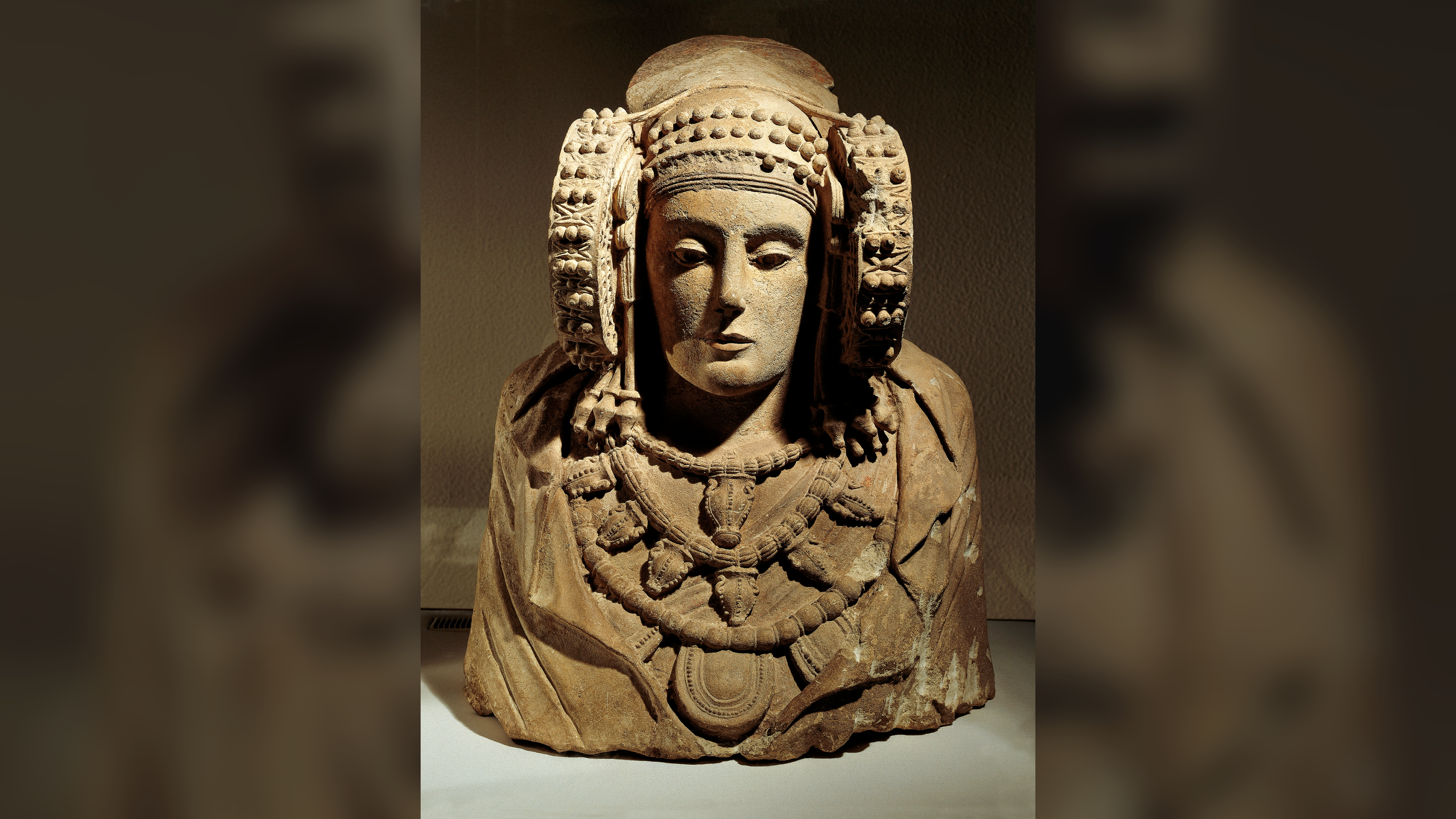Phobias to Increase Due to Bridge Collapse

Get the world’s most fascinating discoveries delivered straight to your inbox.
You are now subscribed
Your newsletter sign-up was successful
Want to add more newsletters?
Join the club
Get full access to premium articles, exclusive features and a growing list of member rewards.
Fears will ramp up as a result of last week's bridge collapse in Minneapolis among already phobic folks who think they closely resemble the victims in terms of age, marital status and family make-up, says the dean of a social work school.
The bridge collapse raises fears about personal safety in most of us, but is especially potent for those who have suffered past traumas or from personal safety phobias, said Nancy J. Smyth, dean of the University at Buffalo School of Social Work.
"Certainly, for people with bridge phobia, this will activate them like crazy and make them worse," she said in a prepared statement. "A lot of how people react depends on how closely they identify with the people who were hurt or killed; if there is someone your age or who has a life similar to yours, you are likely to identify with them, with someone who is like you."
Workers moved forward Monday at extracting tons of broken concrete, metal beams and submerged cars from the Mississippi River, six days after the Interstate 35W bridge collapsed.
The bridge had carried up to 140,000 vehicles a day before it fell in the river Wednesday evening during rush hour. Cars tumbled into the swift current and onto broken concrete, killing five people and leaving eight missing and than 100 people injured. Five people remained hospitalized in critical condition Monday morning.
The fact that the bridge collapse happened during normal daily commuting hours heightens fears among on-lookers and news-watchers, Smyth said. People who have undergone a past trauma, even if it had nothing to do with bridges, will be upset, she said. And people can be affected emotionally even if they are far from the accident site.
"It's more about psychological distance than physical distance," she said. "People who regularly travel bridges might start feeling nervous. It really depends on how closely they connect with the people in the story."
Get the world’s most fascinating discoveries delivered straight to your inbox.
Smyth recommends that people limit how much they watch TV news coverage of the disaster.
The Associated Press contributed to this story.
- The Odds of Dying
- Top 10 Ways to Destroy Earth
- Hurricane Katrina Image Gallery
 Live Science Plus
Live Science Plus











